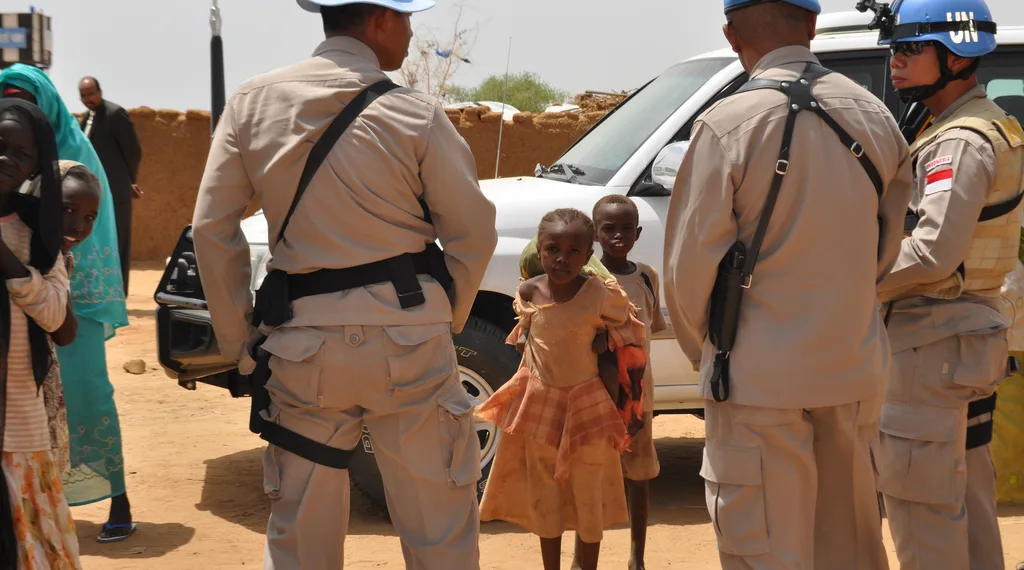Sudan has been in a state of crisis for a long time, due to continuous humanitarian crises, civil unrest, economic issues, and ongoing political instability. The latest military coup has exacerbated the situation, causing greater tension and violence across the already volatile country.
Political Crisis:
Sudan has been plagued by political unrest for many years, with many coups and government changes. In 2019, a public movement resulted in the deposition of long-time tyrant Omar al-Bashir and the establishment of a transitional government. However, the change has been gradual, with claims of political infighting and corruption impeding progress. The latest military coup has exacerbated the problem by imprisoning several government officials and raising tensions in the country.
Economic Crisis:
Sudan is suffering serious economic issues, including high inflation, a currency shortage, and a large external debt. The country is also dealing with the aftermath of the COVID-19 pandemic, which has impacted a variety of industries, including tourism and agriculture. The administration has implemented various economic changes, including the elimination of gasoline subsidies and currency depreciation, but these actions have sparked protests and social discontent.
Social Crisis:
Sudan has experienced social unrest as a result of protests and rallies over the government’s policies and the economic situation. Security forces have responded violently to the protesters, killing and injuring numerous people. The government has also been chastised for how it treats refugees and migrants, who face prejudice and abuse.
Humanitarian Crisis:
Sudan is likewise in the grip of a humanitarian crisis, with millions in need of assistance. The country is home to a huge number of refugees and internally displaced persons who face food insecurity, and a lack of access to healthcare, and other necessities. The recent military coup has exacerbated the situation, leading to an increase in violence and displacement.
Sudan’s protracted conflict has been seen as having the potential to envelop the entire region. As a result, UN Secretary-General António Guterres has urged for a cease-fire and the admission of humanitarian workers into the nation. According to the World Health Organisation, the epidemic has killed over 450 individuals. According to reports, two Sudanese generals are at odds. Furthermore, the Russian private military corporation Wagner has been linked to the situation, with the company assisting Russian President Vladimir Putin in his efforts to expand his influence in the region. So far, over 660 Indians have been evacuated from Sudan, with 250 flying to Jeddah in Saudi Arabia aboard Indian Air Force (IAF) planes and 278 on the Navy’s INS Sumedha. Former Sudanese President Omar al-Bashir, war crimes suspect, is still at large.
Finally, Sudan is in the midst of an ongoing catastrophe that requires immediate attention and assistance from the international community. The country requires assistance in dealing with political insecurity, economic difficulties, social discontent, and a humanitarian crisis. The international community should collaborate with the Sudanese government and civil society to find a peaceful and long-term solution to the issue and ensure the Sudanese people’s well-being.


